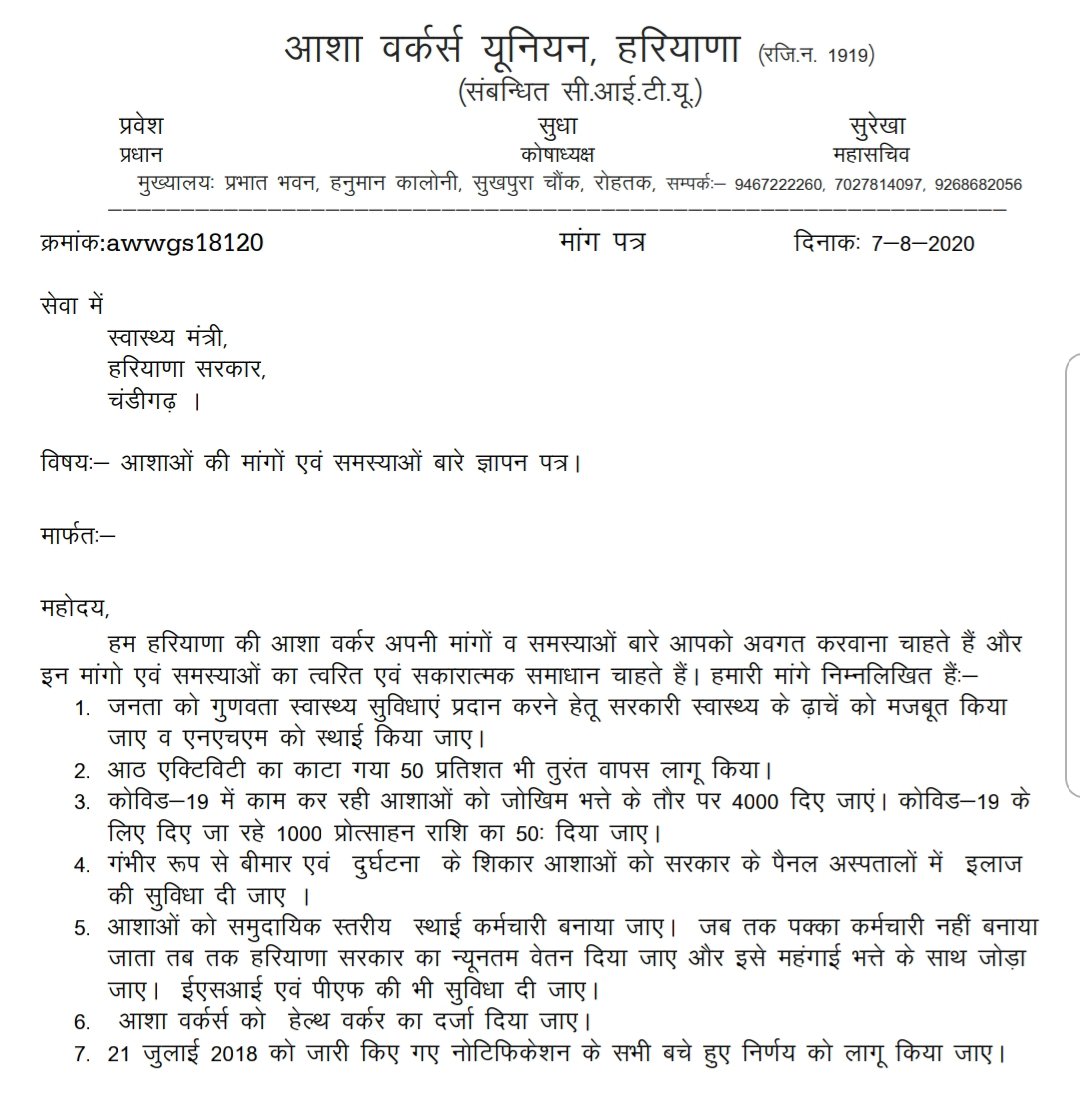Violence against women in politics #VAWIP is violence that occurs within the political sphere but that specifically targets women. It restricts women’s mobility and capacity to participate within the political sphere.
Thread:
Thread:
#VAWIP includes the inability of women to use their constitutional rights to participate in politics as a candidate, a voter, an activist or an active and engaged citizen.
#VAWIP is used to reinforce traditional social and political structures by targeting women leaders who challenge patriarchy and the prevailing social expectations and norms.
VAWIP’s lack of recognition results from the prevailing patriarchal mindset and the culture of silence within political parties, government agencies and the society.
The political system is almost completely in denial of the existence of violence against women within their realm
The political system is almost completely in denial of the existence of violence against women within their realm
Instances of #VAWIP, which are barely perceived as a form of VAW, are sparingly reported by the media during elections. They are not interested in seeing the reasons behind the targeted misogyny or highlighting the implications.
Perpetrators of VAWIP are generally identified as men and can be from the same political party as the affected women or from opposition parties.
Women in politics, especially those who are first generation politicians, face violence of multiple types and dimensions and at all levels women risk physical violence and harassment.
There are innumerable instances of women politicians (and parliamentarians) experiencing violence during election campaigns and visits to their constituencies.
This is reinforced by existing socio-economic divides (Caste, tribal, ethnic religious, class divisions and oppressions)
This is reinforced by existing socio-economic divides (Caste, tribal, ethnic religious, class divisions and oppressions)
Lack of laws addressing #VAWIP and the lack of implementation of existing ones discourages women from exercising their right to participate in the democratic process.
Source: unwomen.org/en/digital-lib…
Source: unwomen.org/en/digital-lib…
Though the study quoted above is on #VAWIP , the larger conversation has to be on and around Gender Based Violence In Politics #GBVIP
• • •
Missing some Tweet in this thread? You can try to
force a refresh







